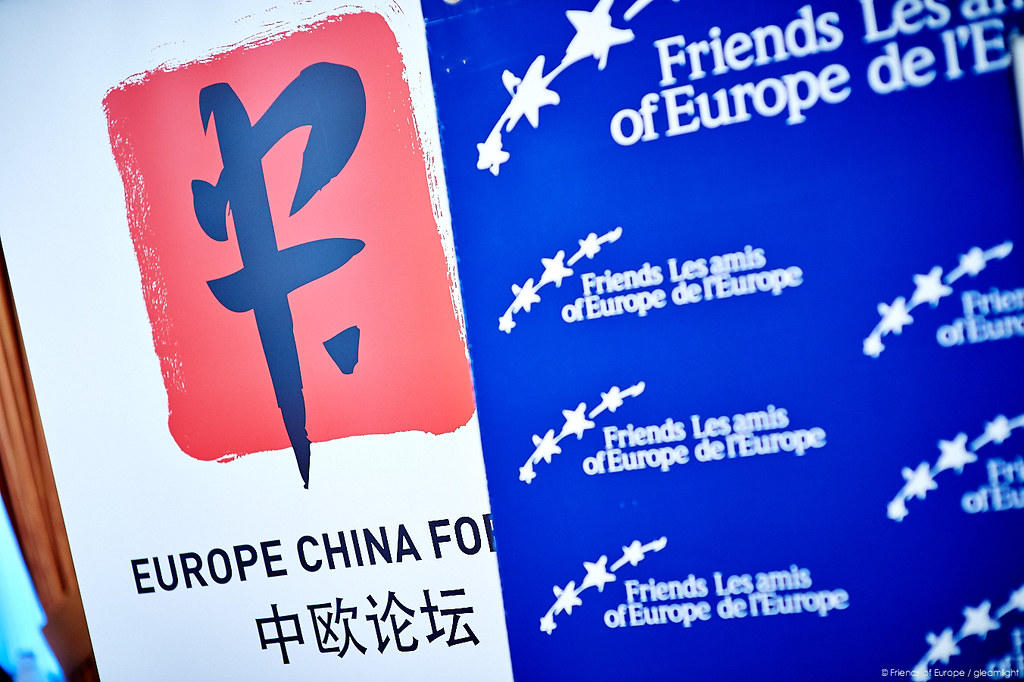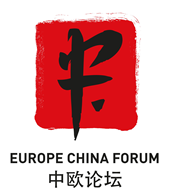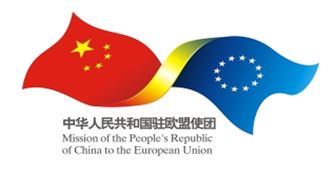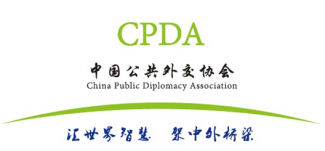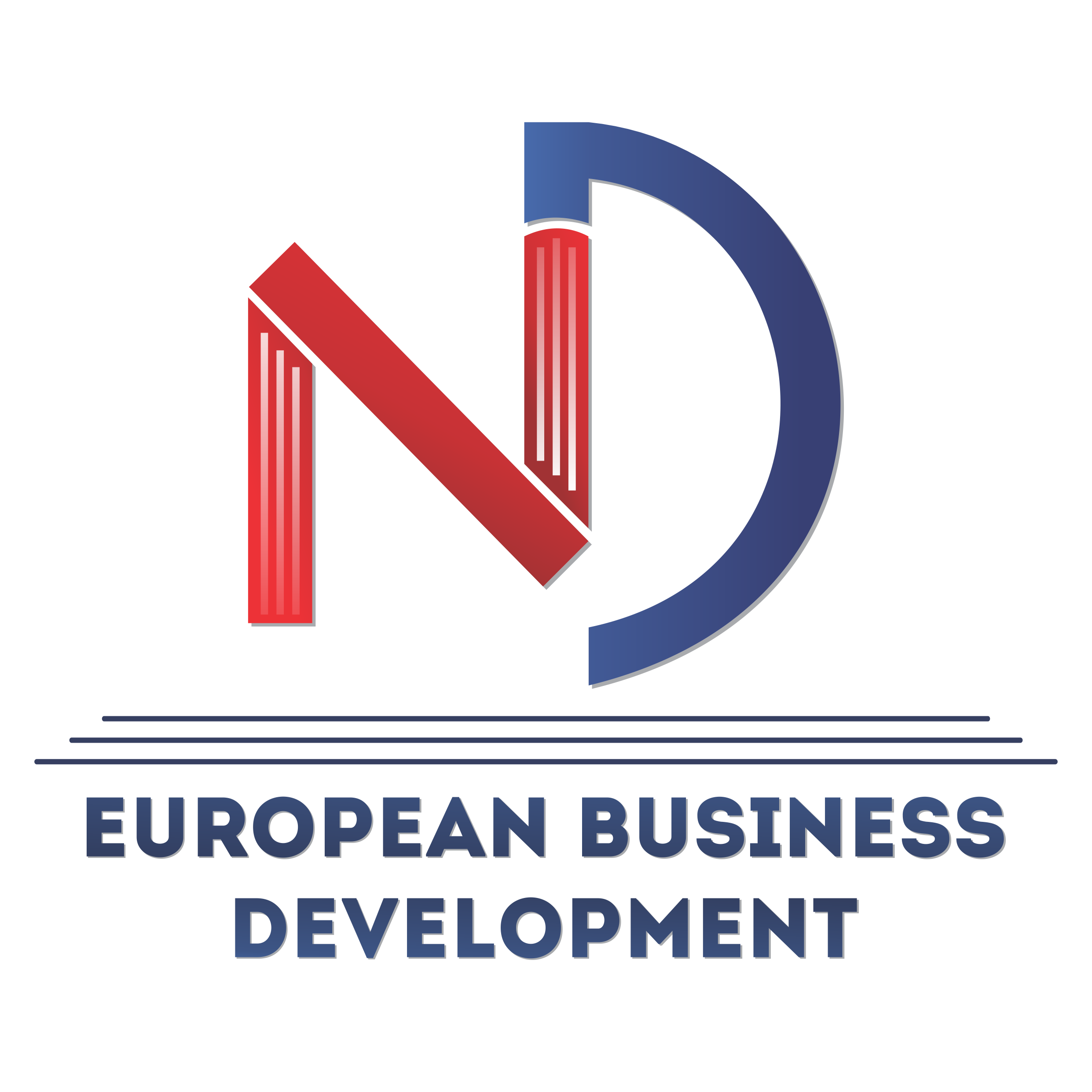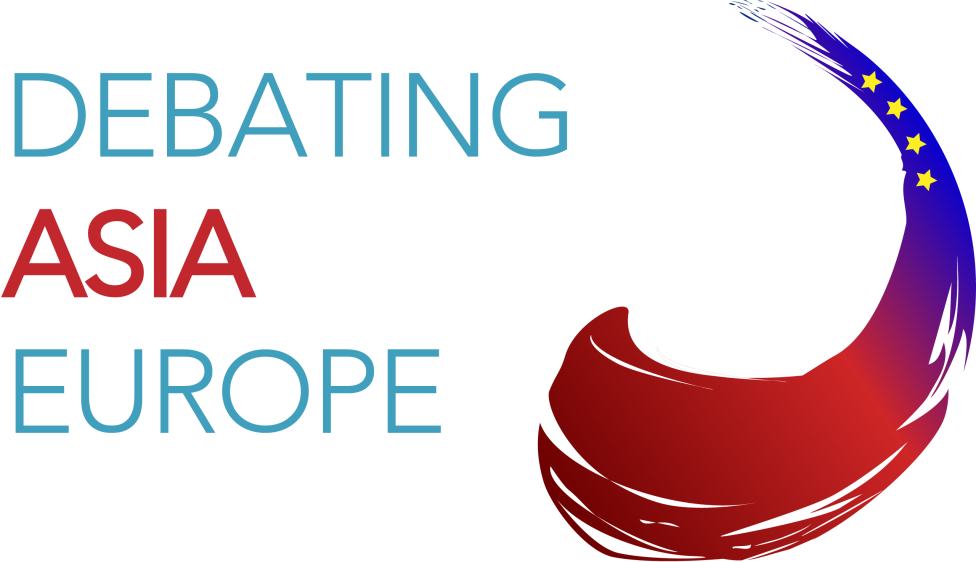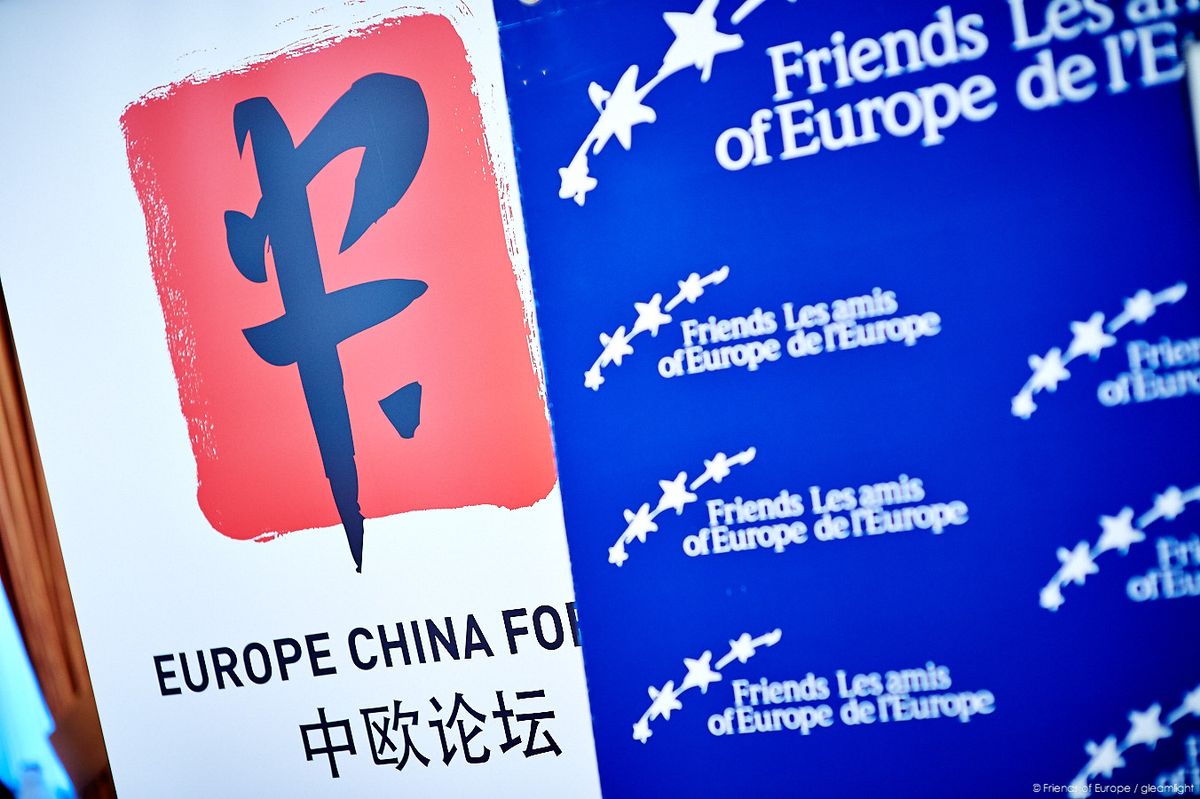
Summary
“We stand ready to work with the EU to accelerate the investment agreement talks and launch joint feasibility studies for the free trade agreement at an early date”
Chinese Premier Li Keqiang said in a message to Friends of Europe’s 4th Europe China Forum aimed at developing ideas for Chinese and Europeans to contribute to a shared future. The Forum is a joint initiative with the Chinese Mission to the EU.
China is expected to become the world’s largest economy by the end of 2014, and is engaged in wide-ranging domestic reforms aimed at making its growth sustainable.
“In the next six years the Chinese market willl grow at lightening speed” said Chi Fulin, President of the China Institute for Reform and Development. “In trade and services, the growth will be astronomical”
China’s growth is also changing how it interacts with the rest of the world. For example, Beijing is pushing initiatives such as improved “Silk Road” trade routes through Central Asia and across the Indian Ocean, and is trying to launch a comprehensive free trade framework in the Asia-Pacific area. “China’s development was very pragmatic, as it tried to integrate itself into the international syustem,” said Men Jing, Director of the EU China Research Centre at the College of Europe. “Now China is proactive and taking intiatives in the world.”
Bilateral EU-China trade amounted to 428 bn euros in 2013, and President Xi Jinping wants to explore the possibility of a free trade agreement (FTA) and aim for 700 bn euros in trade by 2020. European Commission President Jean-Claude Juncker said Europe would cooperate to ensure that China’s growth was sustainable. “The EU must work hand-in-hand with China on climate change, environmental protection, international development, human rights and social inclusiveness,” he said in a message delivered to the Forum.
However, Mauro Petriccione, Deputy Director General for Trade at the European Commission, said that issues such as intellectual property protection and state subsidies would have to be resolved first. And an investment agreement would have to be forged as a precursor to an FTA. “My immediate reaction is: not so fast. A free trade deal is not a game,” he said. “It is not mechannical. First we need an investment agreement and then we’ll see. Europe is not an easy partner for such an agreement… we don’t want to be easy.”
About
With China expected to become the world’s largest economy by the end of 2014, Beijing’s economic trajectory and strategic choices will have an even bigger impact on the global economy than expected.
Schedule
Special message from Jean-Claude Juncker presented by
Giles Merritt
Founder of Friends of Europe
special message from Li Keqiang presented by
Zhang Lirong
Secretary-General of the China Forum at Tsinghua University’s Center for International Security and Strategy
Remarks
Lv Fengding
Vice President of the China Public Diplomacy Association (CPDA) and Former Chinese Ambassador to Sweden
With China expected to become the world’s largest economy by the end of 2014, Beijing’s economic trajectory and strategic choices will have an even bigger impact on the global economy than expected. As it seeks to widen market access and boost investor confidence, China is pushing ahead with an ambitious reform agenda to gradually allow the market to play a decisive role in resource allocation. Promises cover opening up the domestic capital market to facilitate the cross-border investment and financing activities and improving the regulations and procedures of bond issuance. Bilateral EU-China trade stood at a buoyant €428 billion last year, with President Xi Jinping saying the two sides should explore the possibility of a free trade agreement and the goal of boosting bilateral trade to €700 billion by 2020. Bilateral investment flows however show great untapped potential. What is the state of play in negotiations on an EU-China Investment Agreement? How will the agreement address the concerns of EU investors in China and Chinese investors in Europe? What are the prospects for such a deal and the main stumbling blocks? How important is it for China and the EU to negotiate a free trade agreement? How could such a deal impact on the global trade framework? What progress is being made on opening up China’s financial sector?
Speakers
Iana Dreyer
Founder and Editor-in-Chief at Borderlex
Isbrand Ho
Managing Director of Build Your Dreams (BYD) Europe
Ben Knapen
Brussels Permanent Representative of the European Investment Bank (EIB)
Lv Fengding
Vice President of the China Public Diplomacy Association (CPDA) and Former Chinese Ambassador to Sweden
Jing Men
Prof. Dr. Jing Men is the Baillet Latour Chair of European Union - China Relations
Mauro Petriccione
Director-General at the European Commission’s Directorate-General for Climate Action
Ana Serban
Secretary General of the ND European Business Development
Moderator
Shada Islam
Managing Director at New Horizons Project
China’s rapid growth over the past three decades has been remarkable, but strains are starting to show. Sustainable and inclusive growth in China requires stronger attention to fostering innovation and effectively managing urbanisation. By 2030 Chinese cities are expected to be home to about 1 billion people, about 70% of the country’s population. Recent policy initiatives show the government’s determination to step up investment in science and technology, steer urbanisation onto a “human-centred and environmentally friendly” path and build “innovation-oriented” society by 2020. As economic growth slows down, will Beijing stay on the reform path? Is China on track to become a world class innovator? How is the education sector responding to the human capital challenge? Can the EU and China enhance cooperation on research and innovation? What are the main obstacles? What steps can be taken to strengthen the China-EU Partnership on Urbanisation? How can both sides deepen their cooperation to improve city design and the delivery of public services? What role can technology and communications play in strengthening overall EU-China relations? How can both sides foster knowledge sharing between cities and strengthen cooperation among enterprises?
Speakers
Chi Fulin
President of the China Institute for Reform and Development (CIRD)
Jonathan Peel
Vice-President of the European Economic and Social Committee (EESC) International Relations Section
Diego Sammaritano
Policy Officer for Research and Innovation Cooperation with China at the European Commission
Alice Rezkova
Research Fellow at the Association for International Affairs (AMO)
Wang Yadong
Senior Expert on China's Employment Policy at the International Labour Organization (ILO)
Dale Jiajun Wen
Visiting fellow of Renmin University
Moderator
Shada Islam
Managing Director at New Horizons Project
Recognising that building trust is essential to forge a truly strategic partnership, the EU and China have expanded their relationship beyond politics and trade to include a much-needed “High- Level People-to-People Dialogue” (HPPD). In recent discussions, both sides have agreed to pay special attention to strengthening culture, education and youth exchanges. A range of joint initiatives have been launched under the HPPD framework, including the EU-China Year of Intercultural Dialogue in 2012, the Higher Education Platform for Cooperation and Exchange and the China Tuning project, aimed at jointly defining learning outcomes to better compare education systems. What are public perceptions of China in Europe and vice versa? What strategies can be implemented to improve foster better understanding between the two sides? What is the role of traditional and new media in forming and debunking those misperceptions? What progress has been made so far in encouraging more people-to-people contact between China and Europe, particularly among the youth? What further steps can be taken to expand opportunities for mobility in education and increase the number of deepen exchanges between students and scholars? How can the HPPD help promote the new Horizon 2020 research programme?
Speakers
Frances Ainley
Student from the College of Europe
Fu Jing
Shen Wei
Director of the Confucius Institute at the Lancaster University
Yan Shaohua
Student from the College of Europe
Androulla Vassiliou
EU Commissioner for Education, Culture and Youth (2010-2014) and former Trustee of Friends of Europe
Moderator
Shada Islam
Managing Director at New Horizons Project
Speakers

Founder of Friends of Europe
Giles Merritt is the Founder of Friends of Europe, and was its Secretary General between 1999 and 2015, and its Chairman between 2016 and 2020.
A former Financial Times Brussels Correspondent, Giles Merritt is a journalist, author and broadcaster who has for over four decades specialised in European public policy questions. In 2010 he was named by the Financial Times as one of its 30 most influential “Eurostars”, together with the European Commission’s President and NATO’s Secretary General.
Giles Merritt joined the Financial Times in 1968, and from 1972 until 1983 he was successively FT correspondent in Paris, Dublin/Belfast, and Brussels. From 1984 to 2010 he was a columnist for the International Herald Tribune (IHT), where his Op-Ed page articles ranged widely across EU political and economic issues.
In 1982 he published “World Out of Work”, an award-winning study of unemployment in industrialised countries. In 1991, his second book “The Challenge of Freedom” about the difficulties facing post-communist Eastern Europe was published in four languages. His book “Slippery Slope: Europe’s Troubled Future” (Oxford University Press 2016), was shortlisted for the European Book Prize.
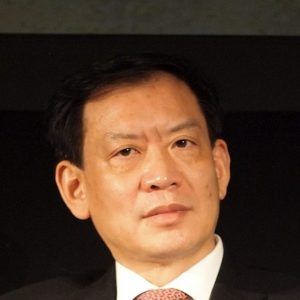
Secretary-General of the China Forum at Tsinghua University’s Center for International Security and Strategy
With a distinguished history of foreign service, Zhang Lirong now leads the China Forum, part of Tsinghua University’s Center for International Security and Strategy. Before taking up his current role, he served as Minister and Deputy Head of Mission of the People’s Republic of China to the EU. With over 40 years of experience as a diplomat, Zhang’s career focussed largely on Western European affairs, eventually leading him to serve in both Denmark and the United Kingdom before moving to Brussels.
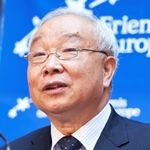
Vice President of the China Public Diplomacy Association (CPDA) and Former Chinese Ambassador to Sweden

Founder and Editor-in-Chief at Borderlex

Managing Director of Build Your Dreams (BYD) Europe
Ho is Senior Director of Build Your Dreams (BYD) and Managing Director of BYD Europe, a Chinese automobile business, with engagements in IT and new energy business. BYD was established in 1995 and is a globally leading producer of pure electric vehicles and rechargeable batteries today. As one of the leading players in electric vehicles in China, BYD is actively promoting their electric buses and electric taxies in the EU market. Ho looks back on a distinguished career in the Chinese private sector including top-level executive positions at companies such as Guangzhou TWS Electronics Limited and Neosonic.

Brussels Permanent Representative of the European Investment Bank (EIB)
Knapen is European Investment Bank Representative to the EU institutions in Brussels. From 2010 to 2012 he was The Netherlands Minister for European Affairs and International Cooperation, and has conducted working visits to Beijing to support cooperation and development.
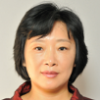
Prof. Dr. Jing Men is the Baillet Latour Chair of European Union - China Relations

Director-General at the European Commission’s Directorate-General for Climate Action
Mauro Petriccione worked extensively on EU trade policy before joining the Directorate-General for Climate Action, covering a wide range of activities and negotiations, from trade and standards, to defence, investment, competition and dispute settlement, as well as relations with member states and European institutions. He was the deputy director-general for trade, responsible for trade relations with Asia, Latin America and countries of Africa, the Caribbean and the Pacific. Petriccione also served as chief negotiator for the EU-Canada Comprehensive Economic and Trade Agreement, the EU-Vietnam Free Trade Agreement and the EU-Japan Economic Partnership Agreement.

Secretary General of the ND European Business Development
Serban is General Secretary at The European Development Platform and Vice-President of the Human Values Foundation. She is also Partner at ND European Business Development, linking EU Member States with Chinese and American business partners.
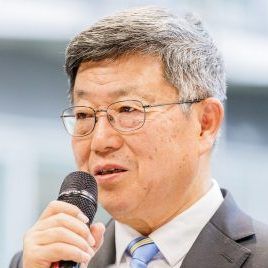
President of the China Institute for Reform and Development (CIRD)
As President, Chi Fulin leads the China Institute for Reform and Development’s efforts to facilitate China’s economic and development policy. He has published over 500 academic papers and is the recipient of numerous awards. Chi was listed in 2009 as one of the ‘100 Economists that have influenced China’s economic construction in the last 60 years’. In addition to his role at CIRD, he serves in numerous leadership positions including as Vice-Chairman of the China Society of Economic and Administrative Reform.
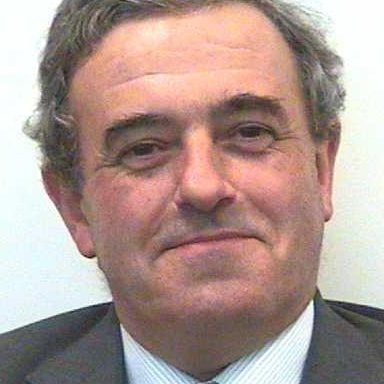
Vice-President of the European Economic and Social Committee (EESC) International Relations Section
At the EESC, Peel has been involved in the activities with China as a member of the EU-China roundtable initiated in 2007, for which he has been Rapporteur on Trade and Investment and on Corporate Social Responsibility issues. Moreover he has been President of the Permanent study group on the WTO and international trade. Previously Peel has been member of the EU Food Industry Council Board and chaired the Trade Expert group.

Policy Officer for Research and Innovation Cooperation with China at the European Commission
Sammaritano joined the DG Research and Innovation in 2009 where he is currently responsible for relations with China. Among his main achievements, he has coordinated the Science and Technology Policy Dialogue, the new Innovation Cooperation Dialogue, the development of joint research programmes, and supervised EU-funded research policy support projects targeting China.

Research Fellow at the Association for International Affairs (AMO)
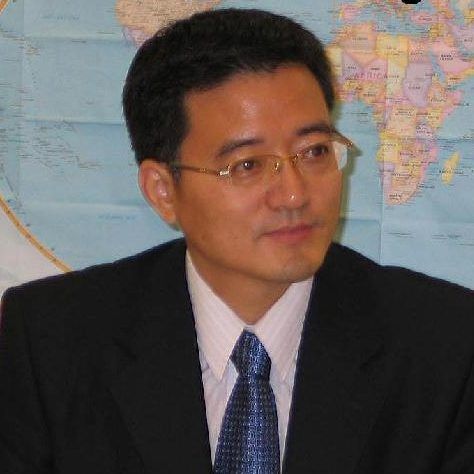
Senior Expert on China's Employment Policy at the International Labour Organization (ILO)
Wang is responsible for national employment policy research and policy advisory at the International Labour Organization (ILO). Before joining the ILO, Wang has been working at the Ministry of Labour and Social Security, at the Ministry of Human Resources and Social Security, and at the Office of Inter-ministerial Meeting for National Employment Policy under the State Council. Wang was one of the main drafters of China’s first national Employment Policy 2002 and took the lead in drafting China Employment Promotion Law enacted in 2007.
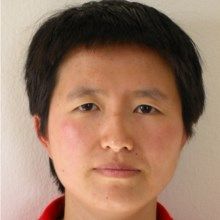
Visiting fellow of Renmin University
Wen is a scholar, activist and writer, currently based in Germany. Over the last decade, her work displayed a strong focus on sustainable agriculture, climate change, energy security, and urbanization and she built close networks with organisations such as Third World Network, South Center and the International Forum on Globalization. In 2005, she published the book China Copes with Globalization, which examines the environmental and social impacts of China’s breakneck industrialisation. Over the last few years Wen has followed the international climate negotiations closely, and has substantial insights into the Chinese government’s reasoning and policy towards climate action and the current development trajectory on sustainability.

Student from the College of Europe
Ainley is a student from the College of Europe with BA in European Modern History from Oxford University. Ms. Ainley has worked as Seconded National Expert for DG ECHO, European Commission, and EU Policy Officer at the UK Government Department of Environment, Food and Rural Affairs. She has also been been part of the EU delegation to China and Mongolia.

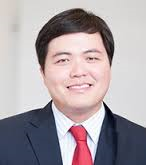
Director of the Confucius Institute at the Lancaster University
Shen is Director of Confucius Institute and Professor of International Business at Management School of Lancaster University, UK, and holds the Jean Monnet Chair in EU-China relations funded by the European Commission. Shen has PhD in Human Geography, and is published widely on the topics of Asia-Europe relations, international education, migration and China’s economy and global role.
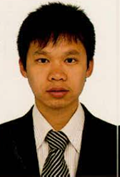
Student from the College of Europe
Yan is a student from the College of Europe, and PhD candidate in European Studies at the University of Hong Kong, where he researches EU-China relations from a Social Constructivist perspective. Yan has been a member of the Model ASEM and Model UN, and also has teaching experience.
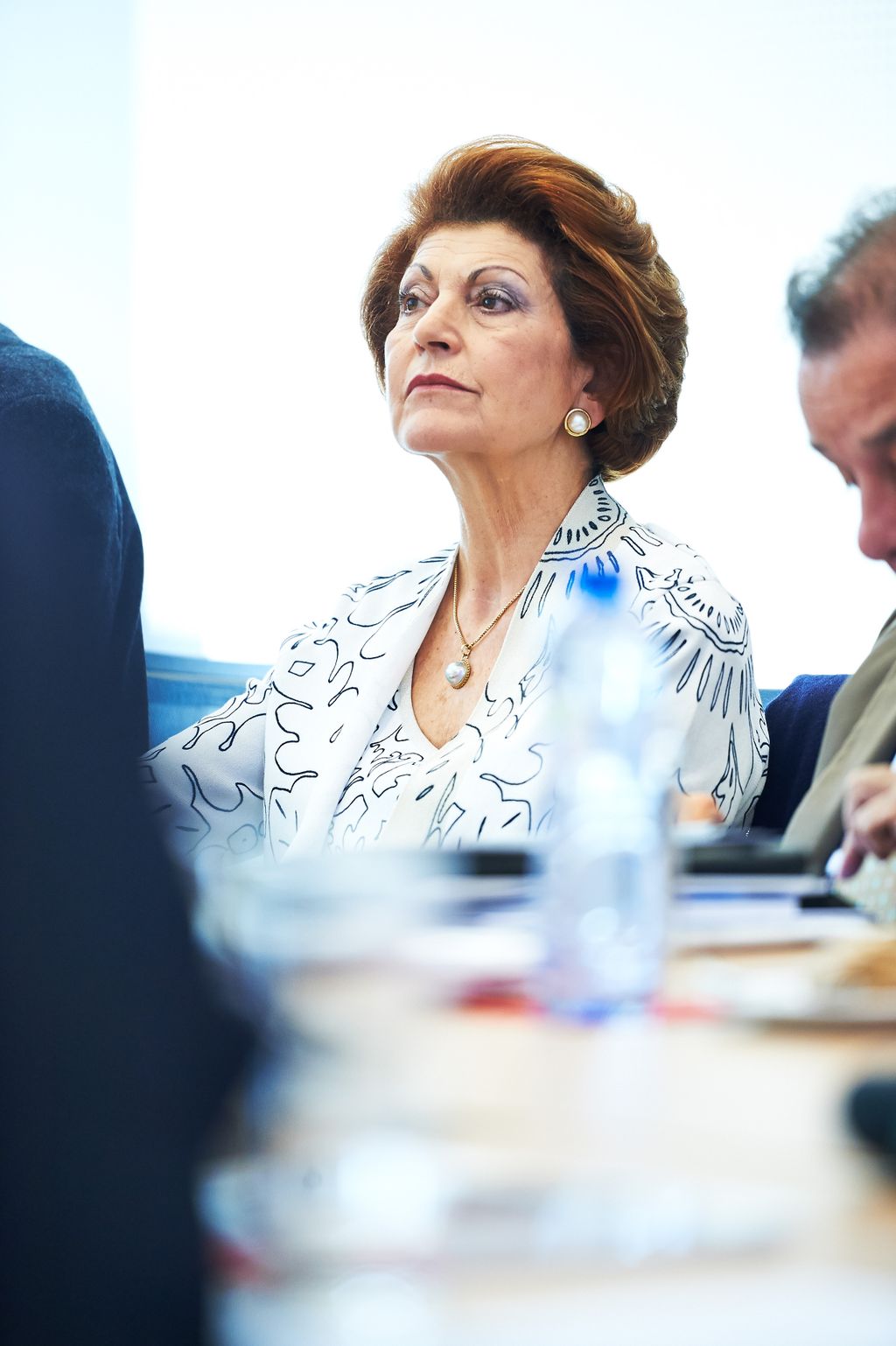
EU Commissioner for Education, Culture and Youth (2010-2014) and former Trustee of Friends of Europe
Partners
Coorganized with
Activities
Europe-China Forum
Next event In person & livestreamed

- Area of Expertise
- Global Europe
Trading tariffs and trade as a geopolitical tool
Past event

- Area of Expertise
- Global Europe
From aid to investment: shaping Europe's global role in a changing world
Past event Online

- Area of Expertise
- Global Europe
Future Africa-Europe High-Level Forum
Past event IN PERSON & ONLINE

- Area of Expertise
- Global Europe
DRIVE Impact Initiative final report
- Category
- Event Reports
- Area of Expertise
- Global Europe
Europe’s blackouts call for a NATO-level response
- Category
- #CriticalThinking
- Author
- By Maurizio Geri
Trump's axing of US aid hands the EU a global leadership role
- Category
- Frankly Speaking
- Author
- By Giles Merritt
The digital battlefield: EU-China cybersecurity diplomacy in the 21st…
- Category
- #CriticalThinking
- Author
- By Dr Cristina Vanberghen

- Area of Expertise
- Global Europe

- Area of Expertise
- Global Europe

- Area of Expertise
- Democracy
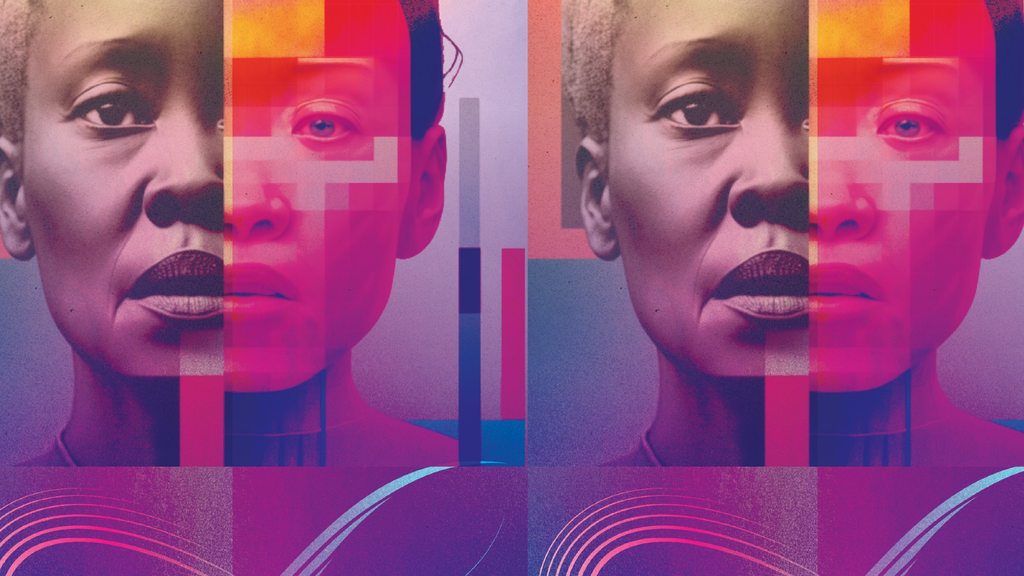
- Area of Expertise
- Global Europe
Continue
the debate on
- Debating Europe
